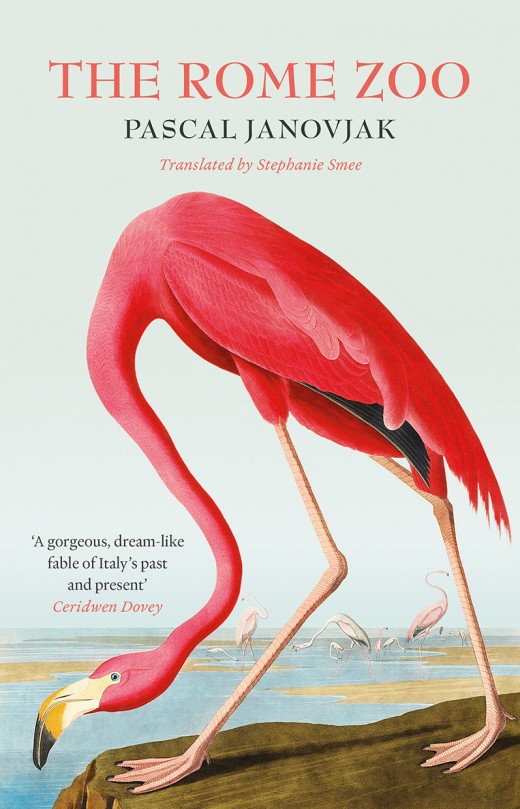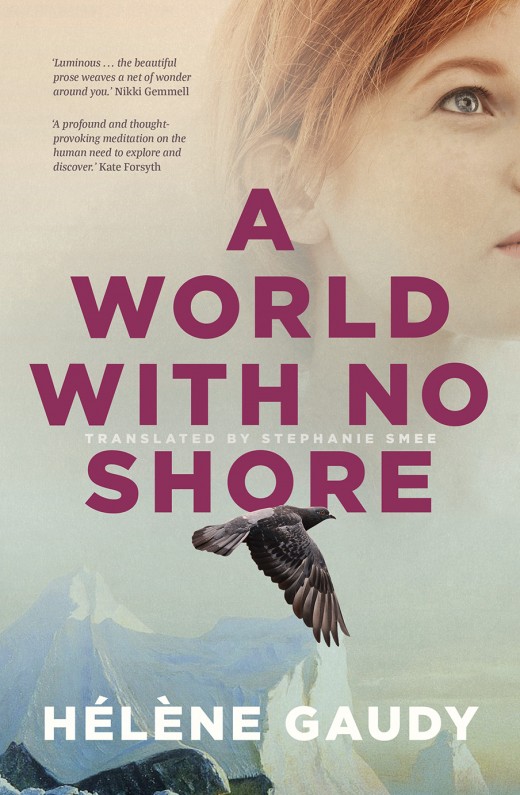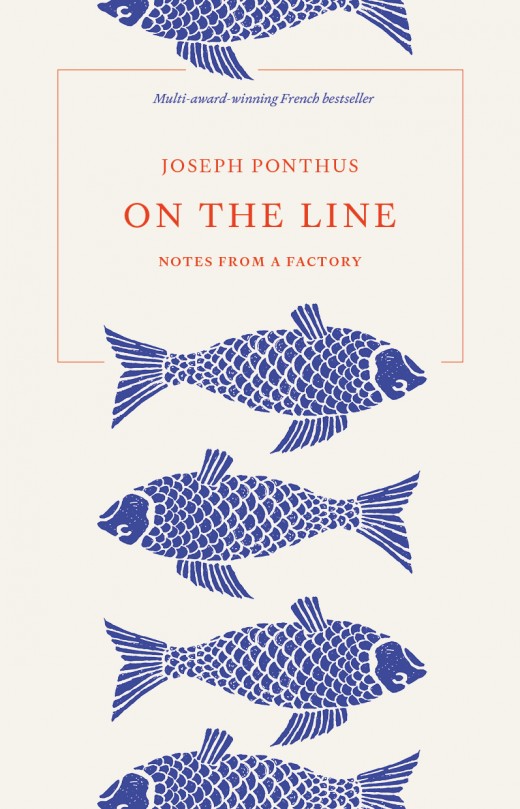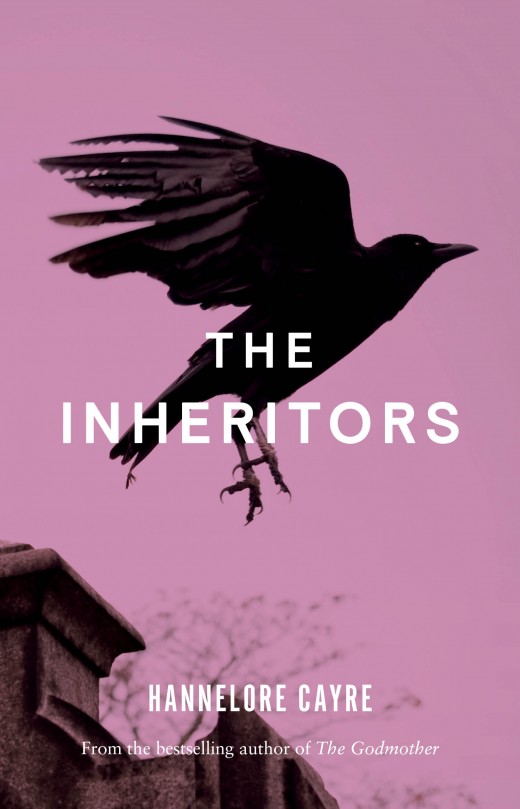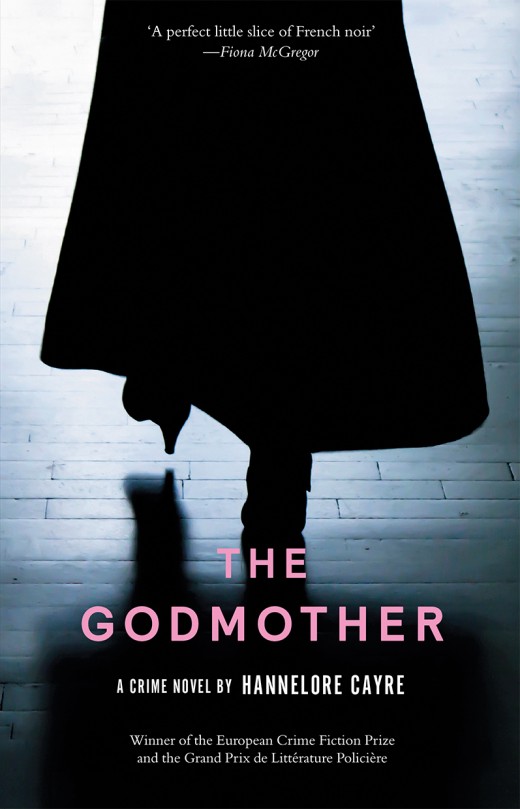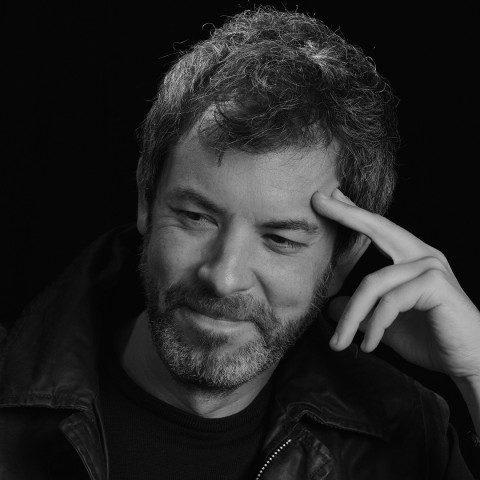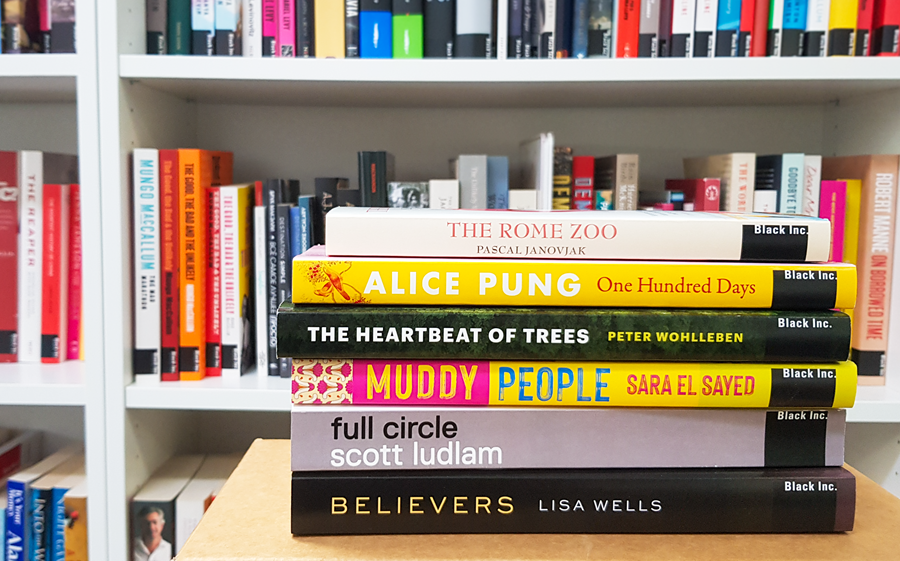‘Like all truly great literary allegories, The Rome Zoo is both innocent and wise, filled equally with tenderness and darkness. A gorgeous, dream-like fable of Italy’s past and present.’ —Ceridwen Dovey
‘Pascal Janovjak evokes a memory of this fantastical place with a concisely efficient pen, but it is also an ingenious and dark-humoured re-writing of the present.’ —Lucie Tardin, Viceversa litérature
‘The Rome Zoo is a work of striking originality … the book revisits the history of Italy from 1911 to the present day, interweaving a story of impossible love replete with its own astonishing twists and turns.’ —Martine Freneuil, Le quotidien du médecin
‘Pascal Janovjak has written a literary, philosophical, historical and romantic work of utter originality. A profound meditation on Italy’s evolution as seen through the lens of the “lost paradise” of the Villa Borghese, an eccentric reflection of our own society.’ —Marie-Lucile Kubacki, La Vie
‘Interweaving authentic facts with an imagined framework, this tragi-comedy plunges us into the intimist sealed universe of a strange Roman theatre, a mythologised bazaar, still resonating with the muffled echoes of its variously prosperous bygone eras.’ —Michel Bertrou, La Semaine véterinaire
‘Pascal Janovjak depicts us to be the products of history we are, revealing our connection to nature as more complex than might at first appear. Ultimately, there is a poetry of sorts in this earthly paradise, this lost ark able to carry us away in the very heart of the city … The Rome Zoo resists easy categorisation.’ —Christophe Henning, RCF
‘An elegant and refined text, its controlled tone and subtle sense of humour work to displace us temporally, leaving us in a dream-like present on the edges of modernity, where the everyday, rendered with the consistency almost of a mirage, serves as an echo chamber of the past.’ —Riccardo Borghesi, L’Italie à Paris.net
‘A title such as The Rome Zoo merely hints at, but does not reflect, the range and compelling nature of this wonderful novel. The history of modern Italy, the relevance of the zoo, the concept of caging animals, all are touched upon in a clever, sometimes ironic, and brilliant manner.’ — Patricia Simms-Reeve, Queensland Reviewers Collective
‘A rich and multilayered book that easily immerses the reader into the details of its world, real and imagined all at once.’ —Fiona Wright, The Saturday Paper
‘Extraordinary ... The Rome Zoo is beautifully written. Immaculately conceived, constructed and paced, its separate narratives run together with the fluidity of a fever dream.’ —The Australian
'This is a fabulous book ... [Janovjak's] use of the fable is devilishly clever and calmly persuasive. Five stars.' —Good Reading
‘Endlessly inventive and funny and translated with serious genius from the French by Australia’s Stephanie Smee, who’s captured every curlicue. It’s an absolute delight.’ —Annabel Crabb
‘Foreign novels in translation are having a moment and the prize-winning The Rome Zoo is one of the best around. A deceptively simple, fable-like story about Rome’s famous zoo set against Italy’s 20th-century history, it’s a thoughtful examination of cruel attempts by humans to dominate animals and exploit them for commercial gain.’ —The Sydney Morning Herald

